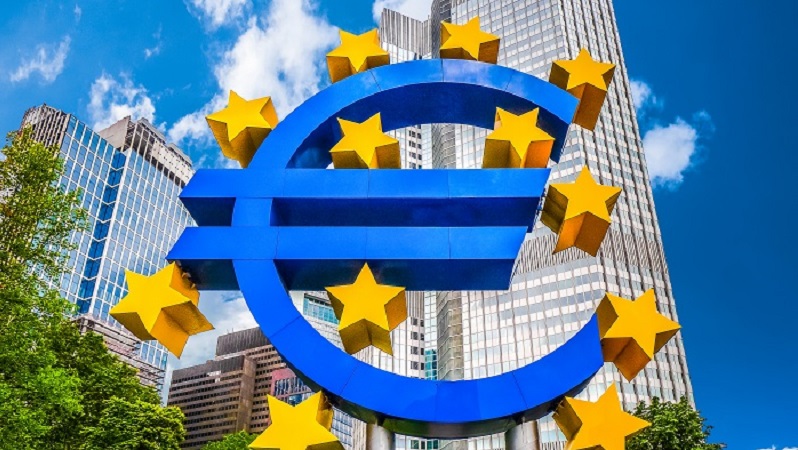Eurozone interest rates have reached highs not seen in a decade after the European Central Bank (ECB) hiked all three major rates by 75 basis points on Thursday, mimicking the action it took in September. But the bank expects to have to go further to combat eurozone inflation, which hit a dizzying 9.9% in September.
Owing to the near double-digit inflation, very few in industry were taken by surprise. Sandra Holdsworth, the head of rates at Aegon Asset Management, was one of several to note that the rate rise had been thoroughly anticipated, referring to the minimal reaction from financial markets. Marcus Brookes, CIO of Quilter Investors, was also unsurprised given the ECB’s need to tackle what he called “bloating” inflationary pressures.
Soaring energy and food prices, supply bottlenecks and the post-pandemic recovery in demand have all fuelled this inflationary environment, and significant price pressures have resulted. According to the ECB, the latest monetary policy decision is aimed at reducing support for this demand and guarding against the risk of a persistent upward shift in inflation expectations.
While expected, there is a tightrope the ECB must walk between cooling inflation and plunging the Eurozone into a recession.
Anna Stupnytska, global economist at Fidelity International, is one of many who identified this balancing act, stating that the ECB continues to face a sharp trade-off between high inflation, and a rapidly deteriorating economic outlook.
Given this delicate balance, the ECB’s decision has not come without criticism; with newly-appointed Italian prime minister Georgia Meloni describing the rate rise as “considered by many to be a rash choice”, while French president Emmanuel Macron voiced his concern about demand being “broken” in a recent interview with Les Echo.
As the war in Ukraine continues to place considerable pressure on consumers and businesses, the rise will provide little short-term respite, according to Quilter’s Brookes, and there could also be serious ramifications for the bloc’s sovereign debt dynamics, as the cost of borrowing growths further still.
For this reason, Fidelity’s Stupnytska noted that the ECB’s window of opportunity for aggressive frontloading of policy tightening is shrinking rapidly. She added :”[Thursday’s] move is likely to be the last ‘jumbo’ hike in this cycle, followed by smaller rate increases and an earlier pause, or indeed abandonment of tightening, relative to expectations.”
With a nod to the anticipated economic slowdown, Gurpreet Gill, a fixed income strategist at Goldman Sachs Asset Management, predicted a slightly less aggressive rise of 50bps in December.
Consensus, however, appears hard to come by. Neil Birrell, CIO and fund manager at Premier Miton, was rather more bold with his prognosis: “Let’s be clear, inflation is the primary fear, not recession, and beating it is the most important battle to win”. Charles Hepworth, investment director at Gam, said that markets are pricing in rates almost doubling from this point.
Whether the ECB continues to implement the aggressive monetary policy that has defined the past few months, or whether fears of a recession force them to back off, the only certainty is that the economic outlook remains grim for the bloc, and that a difficult winter fast approaches.










